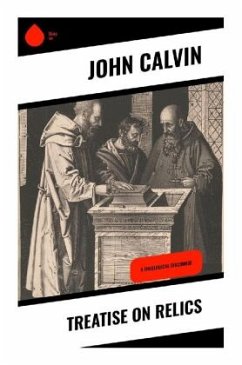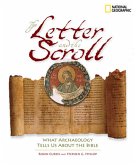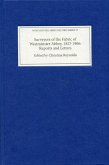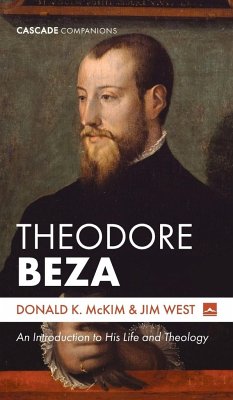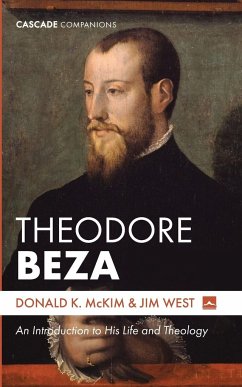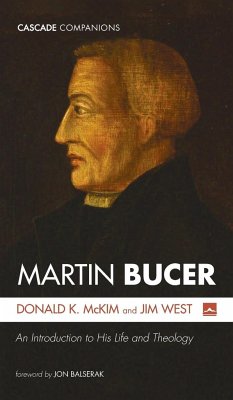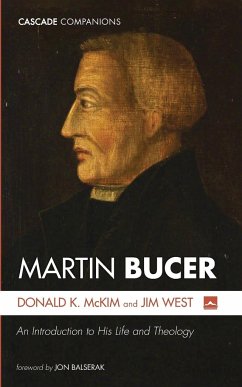In "Treatise on Relics," John Calvin presents a compelling critique of the veneration of relics within the broader context of Reformation thought. Calvin meticulously deconstructs the theological and historical foundations of relic worship, arguing for a return to pure scriptural authority. His style is characterized by incisive clarity and a didactic tone, aimed at enlightening readers about the spiritual dangers posed by such practices, which he views as idolatrous. He situates his arguments against the backdrop of 16th-century religious turmoil, where the reformation sought to reconcile faith with scripture, moving away from the traditions that had long permeated the Catholic Church. John Calvin, a seminal figure of the Protestant Reformation, was deeply influenced by his commitment to reforming the church's practices and doctrines. His extensive theological background and his experiences during the tumultuous times of the Reformation underscored the urgency of his mission. "Treatise on Relics" demonstrates Calvin's unwavering dedication to the principles of sola scriptura and a desire to purify Christian worship from what he believed to be harmful aberrations. This treatise is essential for scholars and lay readers alike who seek to understand the theological conflicts of the Reformation. Calvin's insights are pivotal for those interested in early modern church history, religious practices, and the evolution of Protestant thought. It not only invites critical engagement with the past but also encourages a thoughtful reflection on contemporary practices in faith communities.
Bitte wählen Sie Ihr Anliegen aus.
Rechnungen
Retourenschein anfordern
Bestellstatus
Storno

